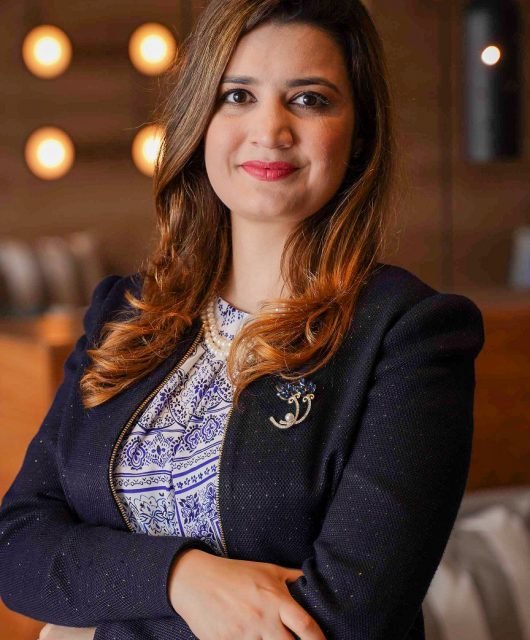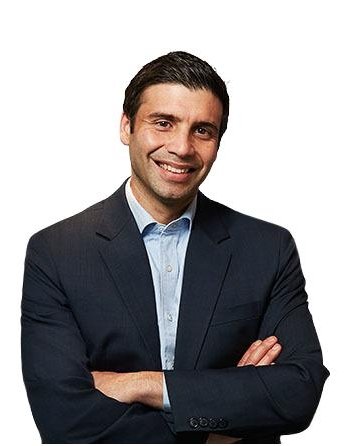Effective Marketing Strategies for Success in the Middle East, By Sprinklr MEA’s Dalia Mansour
B2B marketing at events plays a pivotal role in expanding businesses and attracting new customers, particularly in the rapidly expanding technology industry and diverse business landscape of the Middle East. To ensure success in selling products or services in this region, businesses must familiarize themselves with the local business climate and culture. Gaining a deep understanding of the unique demands, challenges, rules, and etiquette that govern commercial relations is essential for effective communication and significant market gains.

The foundation for successful B2B marketing at Middle East events lies in meticulous pre-event planning. This involves actively participating in relevant events, setting clear objectives, and developing a comprehensive marketing plan tailored to local customs, traditions, languages, and dialects. By laying this groundwork, businesses can significantly improve their chances of connecting with potential customers and generating new leads.
In the context of Middle East events, the design of the booth plays a vital role in B2B marketing. It is essential to create a booth that considers regional cultural traditions and preferences, effectively conveying the business’s unique value proposition and reflecting its brand identity. For instance, in certain countries within the Middle East, it may be necessary to provide a separate room for female guests to network or hold meetings. By understanding and incorporating these nuances, businesses can demonstrate their commitment to fostering outstanding, long-term customer relationships.
Networking and follow-up activities are equally critical components of effective B2B marketing at Middle East events. Building relationships and earning trust from prospective clients requires time, effort, and a deep understanding of their specific needs and concerns. By following up after the event with personalized emails or phone calls, businesses can showcase their dedication to establishing enduring connections.





